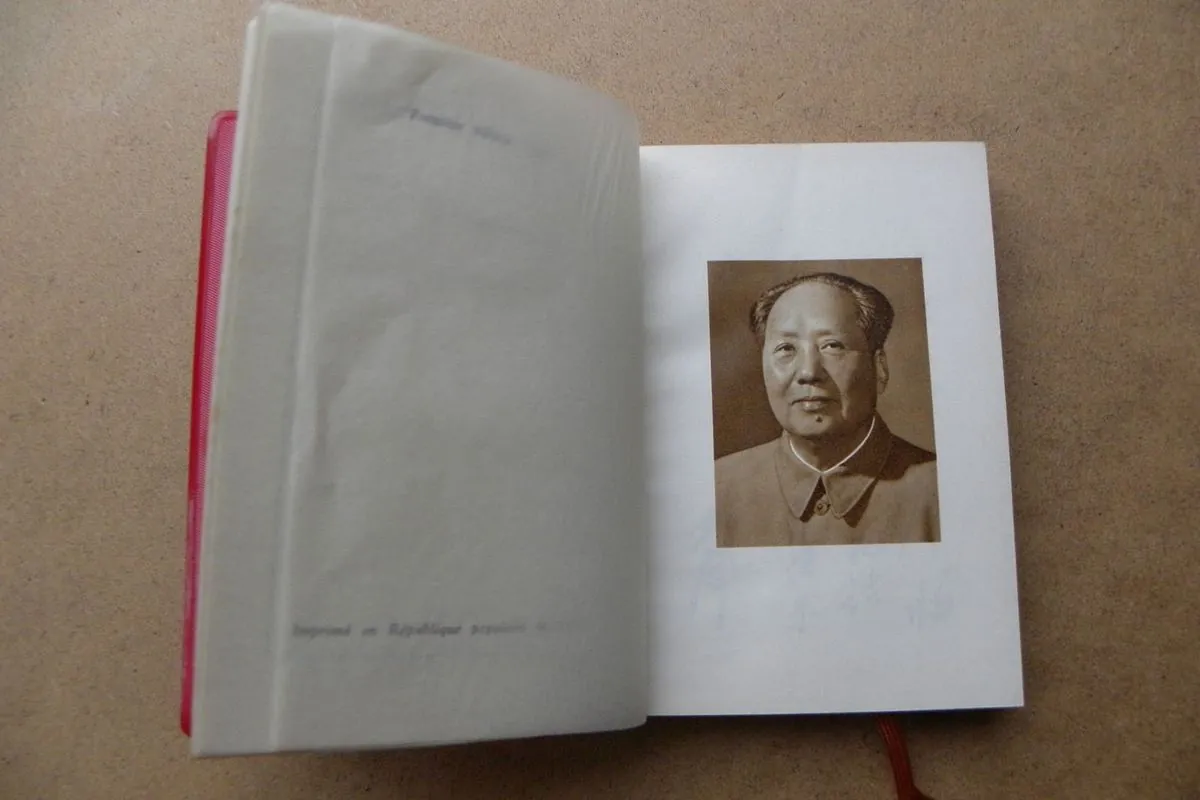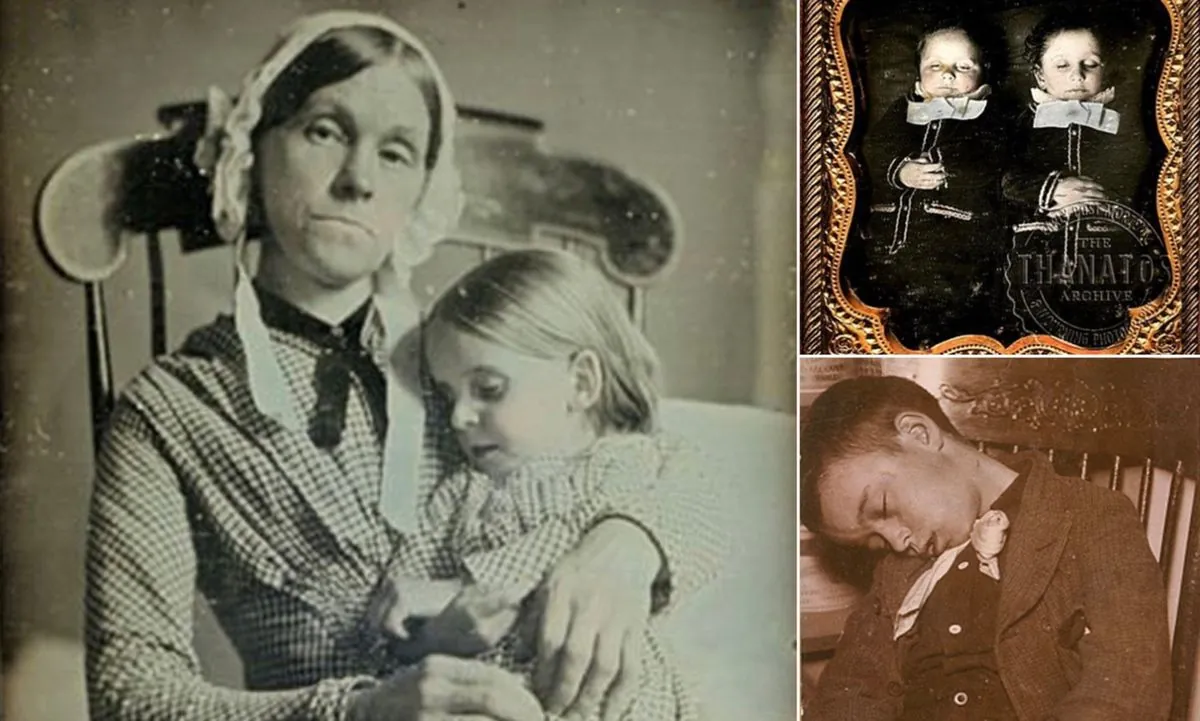Song Binbin, Cultural Revolution Figure, Dies at 77
Song Binbin, notorious for her role in China's Cultural Revolution and later apologizing for her actions, has passed away. Her involvement in a teacher's murder and subsequent life journey reflect the era's complexities.

Song Binbin, a prominent figure in China's Cultural Revolution, has died at the age of 77. Her life story encapsulates the tumultuous period that reshaped Chinese society from 1966 to 1976.
On August 18, 1966, Song gained notoriety when she was photographed with Mao Zedong in Tiananmen Square, placing a Red Guard armband on the leader's sleeve. This image became emblematic of the Cultural Revolution, a decade-long campaign that resulted in widespread chaos and an estimated one to two million deaths.
Two weeks prior to this iconic moment, Song participated in one of the earliest and most infamous murders of the era. Bian Zhongyun, the deputy principal of Song's elite Beijing high school, fell victim to a brutal attack by Red Guards. The 50-year-old educator endured severe beatings and humiliation in "struggle sessions" before succumbing to her injuries.

Witnesses reported that Bian was forced to clean lavatories and drink from a dirty bucket before being left to die in the sun. The gruesome nature of her death, documented by her widower Wang Jingyao, served as a harbinger of the violence to come.
In 2014, Song made headlines again when she publicly apologized for her involvement in Bian's death. Her contrition, however, was met with skepticism and anger. Some accused her of downplaying her role, while others saw it as an opportunity for national reflection on the Cultural Revolution's legacy.
"Please let me express my everlasting solicitude and apologies to Teacher Bian"
The Chinese government, wary of discussions about this sensitive period, quickly moved to censor news of Song's apology. This reaction highlighted the ongoing challenges in addressing the Cultural Revolution's impact on Chinese society.
Born in 1947 to a high-ranking Communist Party official, Song experienced both the privileges and perils of her family's status. Her father's purge in 1968 led to her own house arrest, from which she escaped to Inner Mongolia in 1969.
Song later pursued higher education, earning advanced degrees in the United States before returning to China in 2003. Her journey from Red Guard to environmental analyst and back to China reflects the complex paths taken by many who lived through the Cultural Revolution.
The passing of Song Binbin serves as a reminder of a turbulent chapter in Chinese history, one that continues to shape the nation's collective memory and political discourse.


































